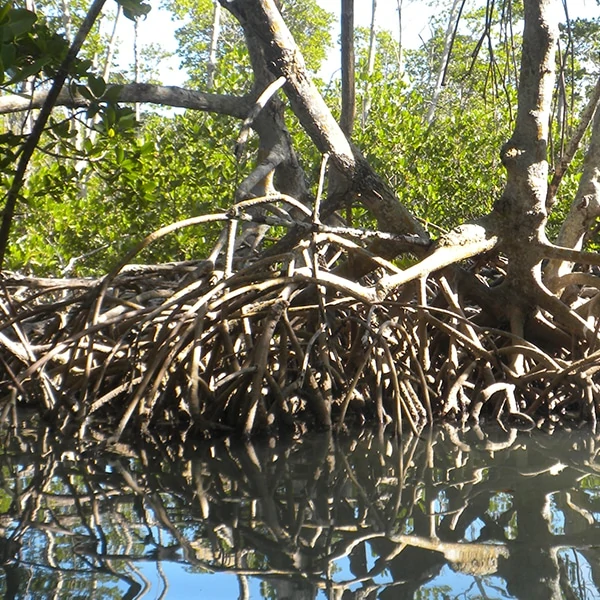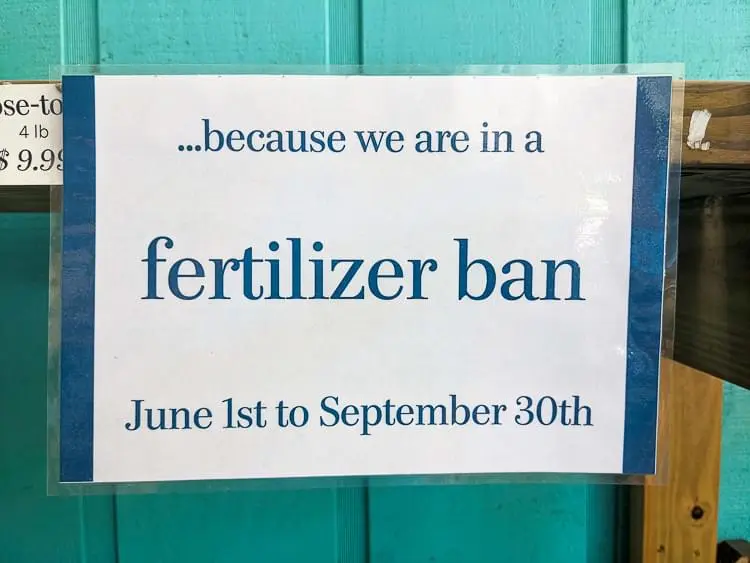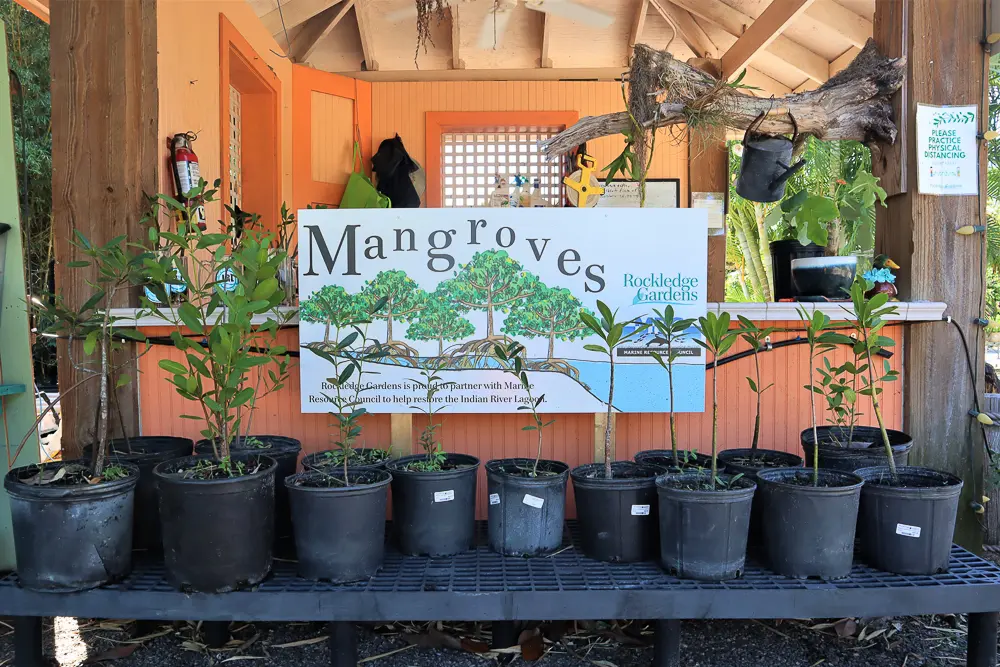by Amanda Rose Newton
Water is life, and our waterways are crucial to the health and vitality of our planet.

Still, the improper use of fertilizers can have a devastating impact on these essential ecosystems. Excessive nutrients from fertilizers, particularly nitrogen and phosphorus, can run off into water bodies, causing water pollution and leading to problems like algal blooms and dead zones.
To protect our waterways, we must practice responsible fertilizer use. In this post, we’ll explore why this matters and provide some practical tips to help you become a responsible steward of your environment.
The Importance of Waterway Protection
Water bodies, from streams and rivers to lakes and oceans, are interconnected in a complex web. When we misuse fertilizers in our gardens, lawns, and agricultural fields, we set off a chain reaction that can harm the environment in several ways:
- Nutrient Pollution: Excessive nutrients from fertilizers can cause nutrient pollution in water bodies, leading to water quality issues. This can result in algal blooms, which can deplete oxygen levels, harming aquatic life.
- Habitat Destruction: Algal blooms can create dead zones, where oxygen levels are so low that marine life can’t survive. This leads to the loss of vital habitats and biodiversity.
- Economic Impact: Poor water quality affects fishing, tourism, and property values, hurting local economies.
- Human Health Risks: Algal blooms can produce toxins harmful to human health, affecting drinking water sources and recreational activities.
Responsible Fertilizer Use
Responsible fertilizer use is not just a moral obligation; it’s also essential for safeguarding the environment. Here are some tips to help you use fertilizers responsibly and protect waterways:
- Understand Local Regulations: Familiarize yourself with local regulations regarding fertilizer use. Some areas have restrictions on when and how you can apply fertilizers.
- Choose the Right Fertilizer: Select slow-release, low-phosphorus fertilizers with little to no nitrogen during the prohibited period (often summer months). Look for a fertilizer with a 0-0-0 or 0-0-7 NPK ratio.

- Apply at the Right Time: Fertilize during the recommended times, which are typically outside the rainy season.

- Calibrate Equipment: Ensure your application equipment is calibrated to avoid over-fertilizing. Follow manufacturer recommendations.
- Maintain a Safe Distance: Keep a safe buffer zone between the fertilized area and water bodies to prevent runoff.
- Clean Up Spills: Immediately clean up any spilled fertilizer to prevent it from washing into storm drains or water bodies.
- Soil Testing: Conduct a soil test to determine your landscape’s specific nutrient needs. This helps avoid over-fertilization.
- Embrace Sustainable Practices: Implement sustainable lawn care practices, such as proper mowing height, aeration, and efficient irrigation, which can reduce the need for excessive fertilization.
- Consider Native Plants: Native and Florida-friendly plants are adapted to the local environment and require less fertilization.

- Educate Others: Share information with your community about responsible fertilizer use and its importance in protecting waterways.
Responsible fertilizer use is a small but significant step we can take to protect our waterways. By following these guidelines, you become a steward of the environment, ensuring that the vital ecosystems in your region remain healthy and vibrant. Remember that your actions at home can have far-reaching effects, and collectively, we can make a substantial difference in preserving the beauty and functionality of our waterways for future generations.


